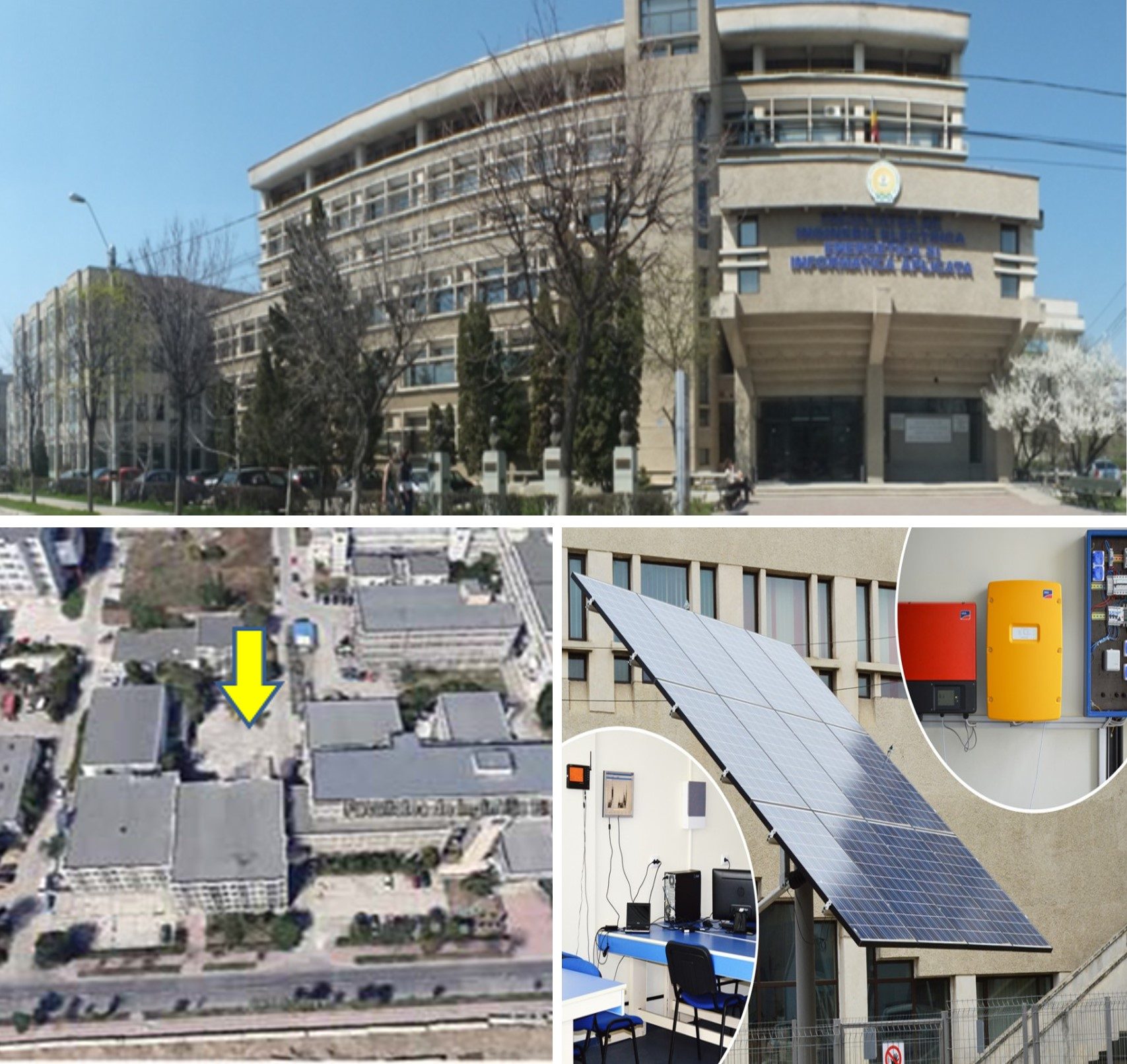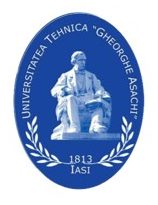Iași, Romania
Smart urban innovation for energy efficiency.
In Iași, the NEEDS Repowered pilot is centered around the campus of the “Gheorghe Asachi” Technical University of Iași (TUIasi). The goal is to transform the campus into a smart urban zone where innovation, experimentation, and community engagement come together to test and scale sustainable energy solutions.
Building on previous project experiences, the pilot aims to introduce cost-effective retrofitting technologies, implement intelligent energy management tools, and develop behavior-based incentives for energy efficiency. The site serves as a real-world case to explore how academic environments—home to students, researchers, and staff—can lead the transition toward Positive Energy Zones (PEDs).


The local challenges:
Transforming a large and diverse university campus into a Positive Energy Zone presents both technical and organizational challenges. The solution should progressively integrate 11 large faculties and a large student campus. It is estimated to finally impact about 56 large buildings.
Some of the key challenges include:
- Defining a structured approach to identify technical, legal, and regulatory requirements for PED implementation.
- Establishing success factors and influencing conditions that shape energy efficiency at campus scale.
- Coordinating the systematic sharing of insights and best practices between the NEEDS pilot sites.
- Translating the outcomes into replication strategies and policy recommendations that are relevant beyond the university setting.
- Managing a diverse and dynamic environment, including student residences, academic facilities, and mobility infrastructure.
Activities
Data, Indicators & Knowledge Sharing
• Define measurable success factors for energy efficiency in PEDs
• Document and share best practices, including implementation barriers and enablers
• Translate project findings into replicable solutions and policy guidelines
Technological Demonstration & Retrofitting
A strong emphasis is placed on using recyclable, low-cost materials in thermal retrofitting—an approach that is both environmentally and economically sustainable.
- Implement smart lighting and energy-efficient technologies across indoor and outdoor spaces.
- Introduce EV charging stations to support electric mobility.
- Monitor key indicators such as CO₂ reduction, energy losses, and cost-efficiency.
- Rehabilitate buildings using recycled and economical materials.
Campus Engagement & Innovation Culture
• Engage students in hands-on activities and behavioral incentive programs
• Pilot energy-saving campaigns within student residences and communal facilities
• Use the campus as a real-life lab for co-creating and testing socially embedded solutions
Partners involved



